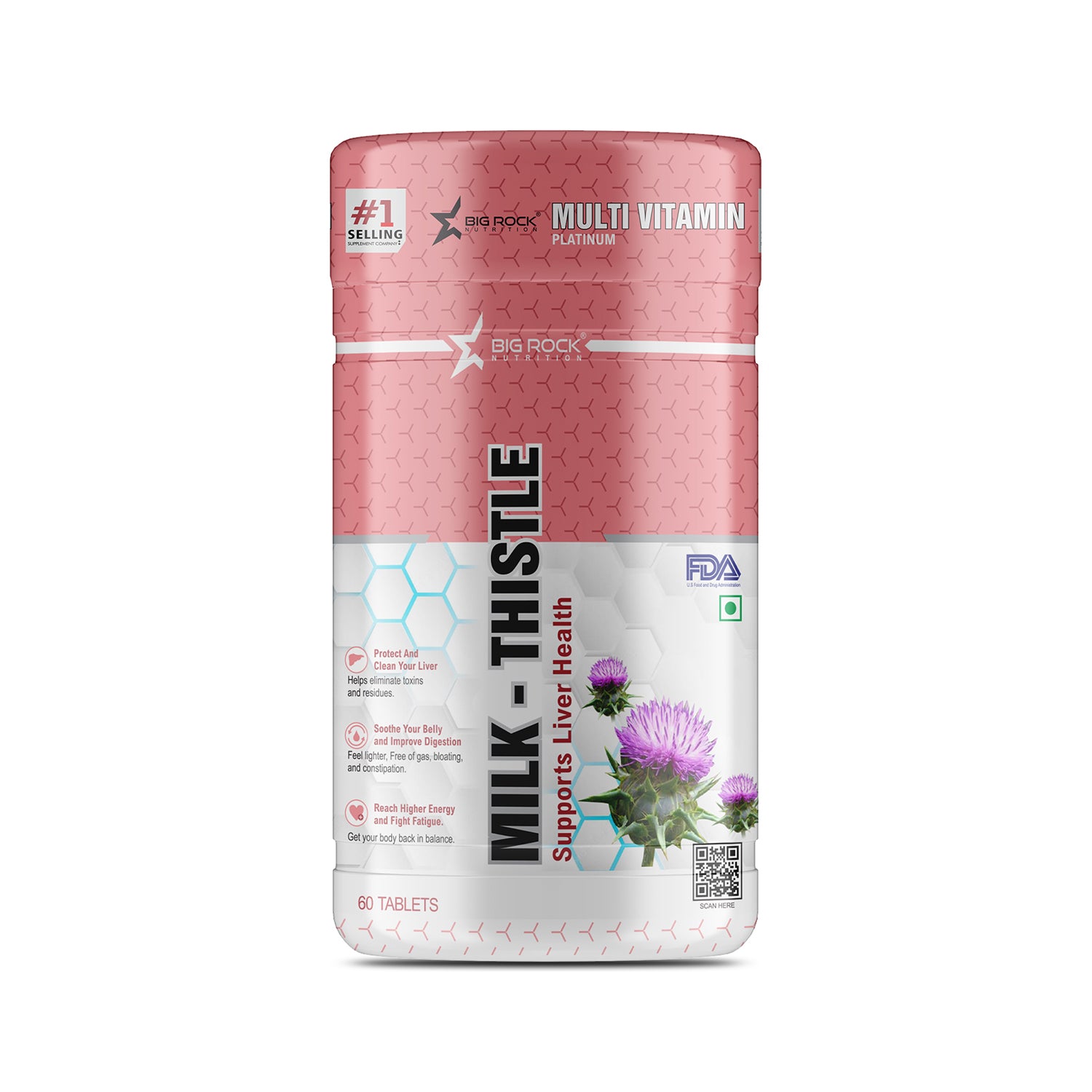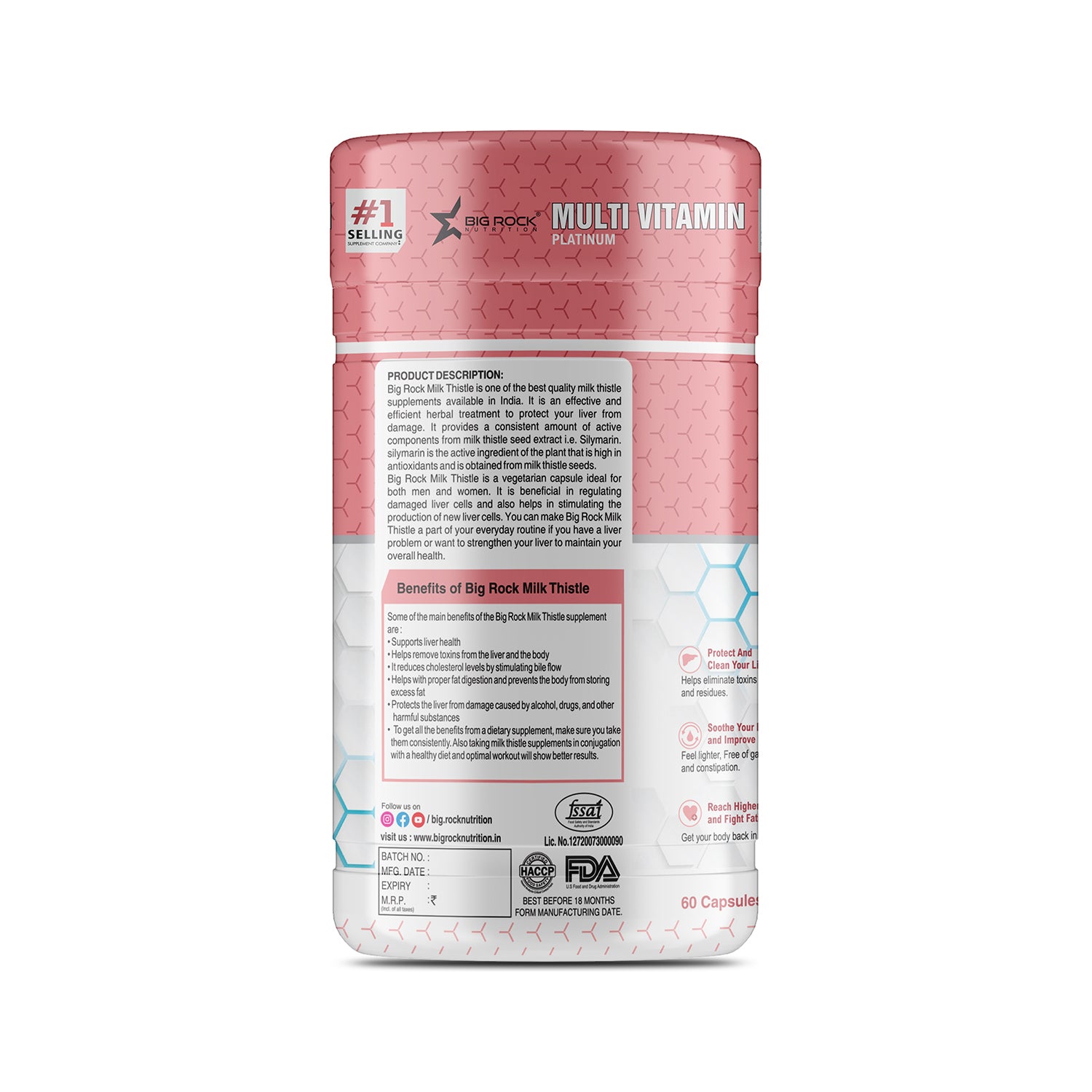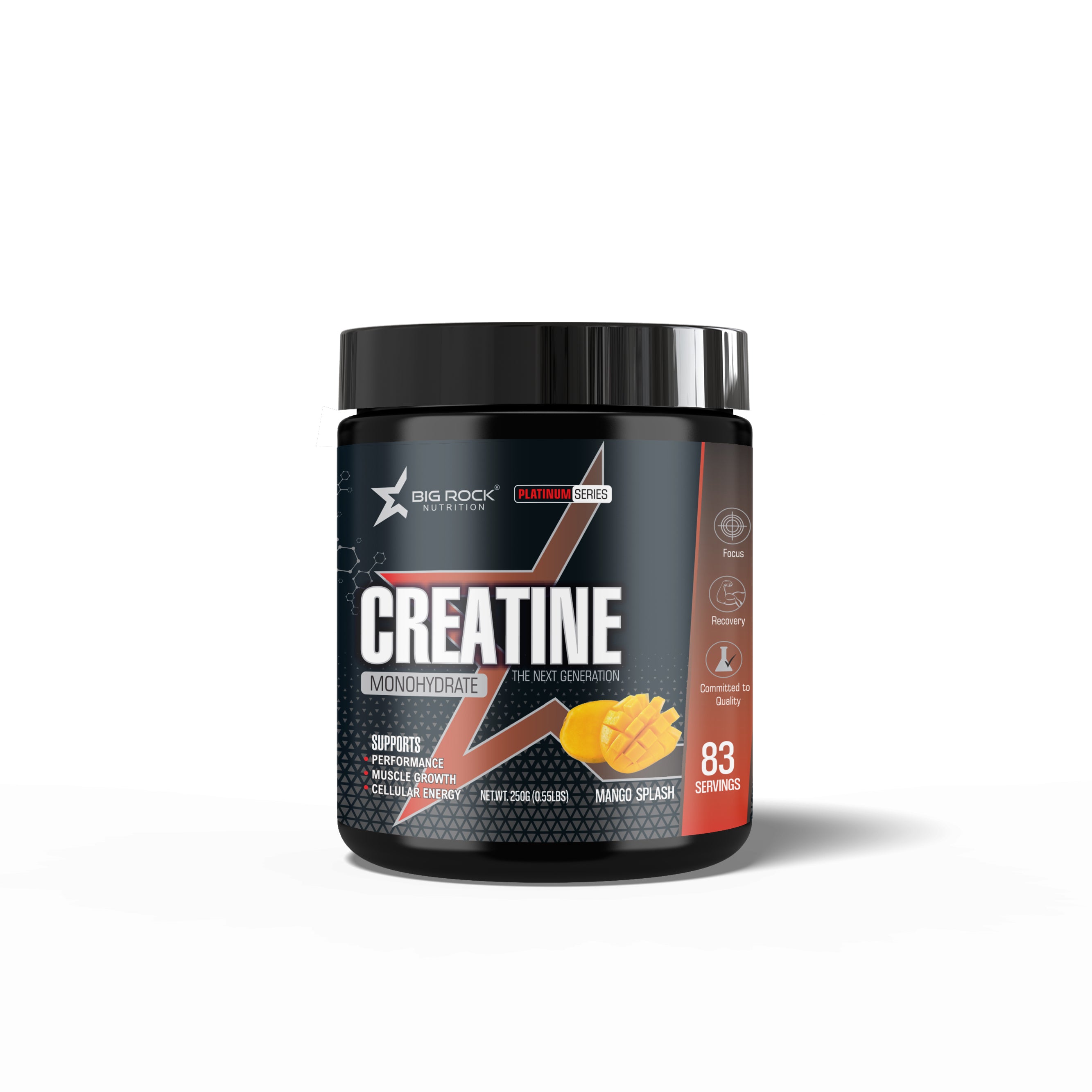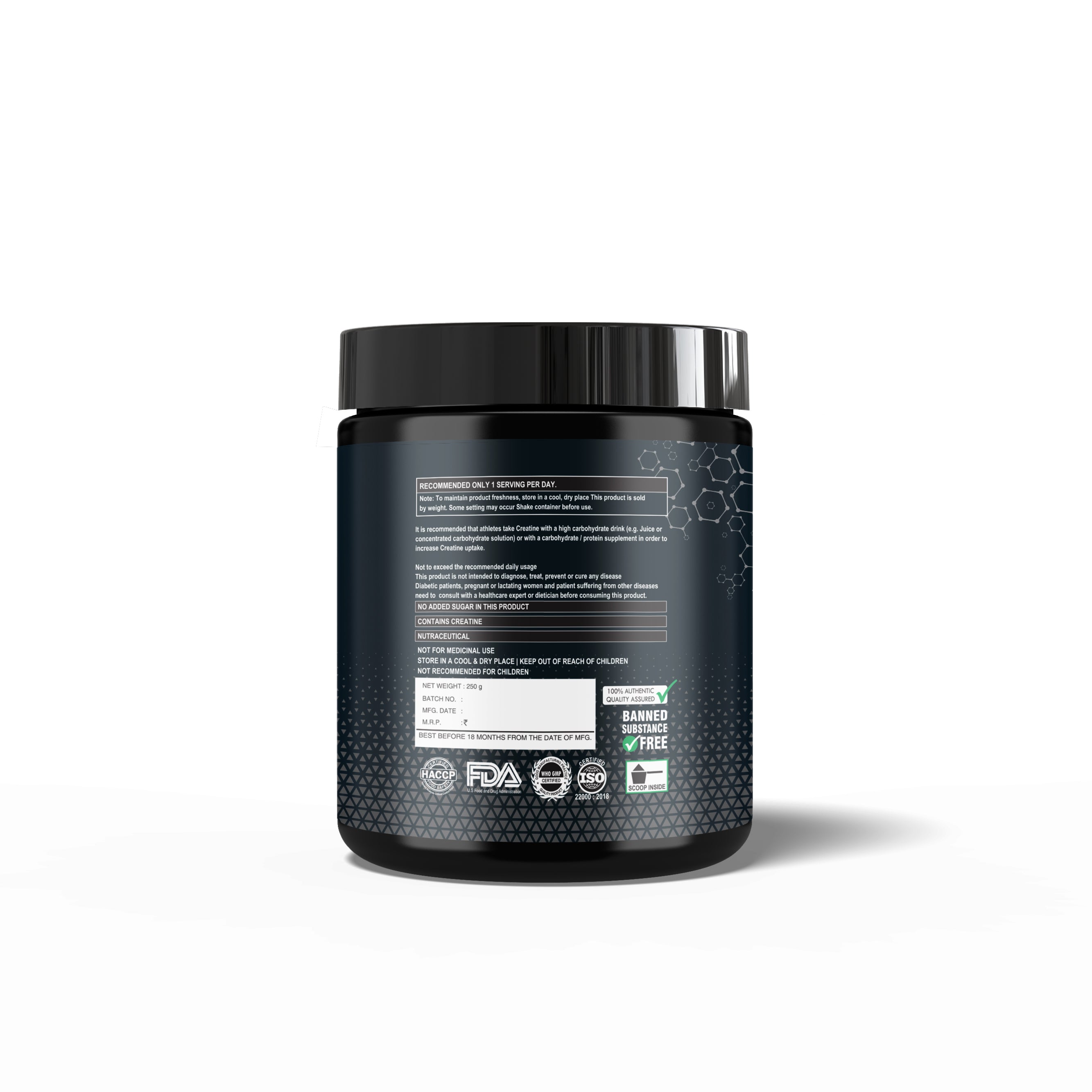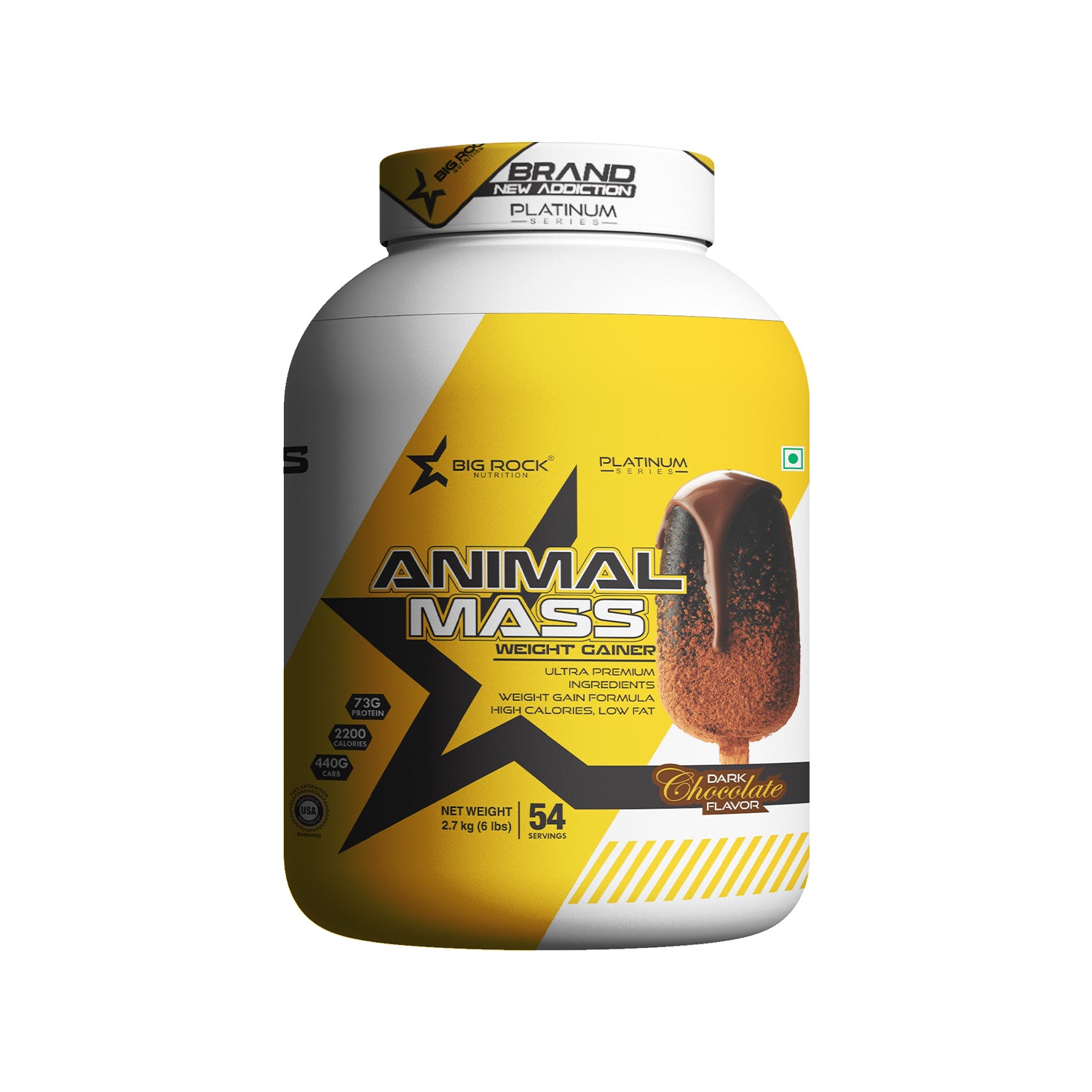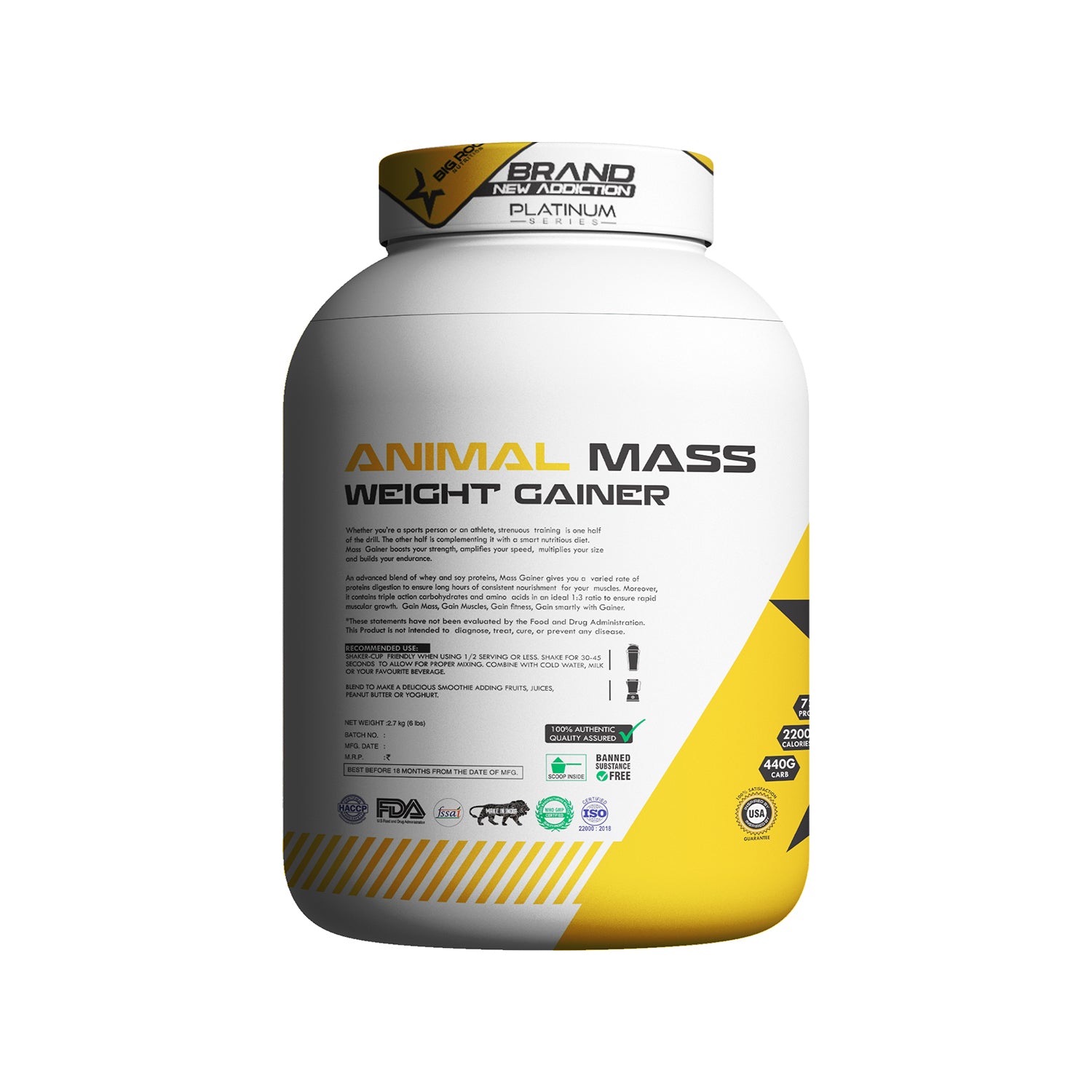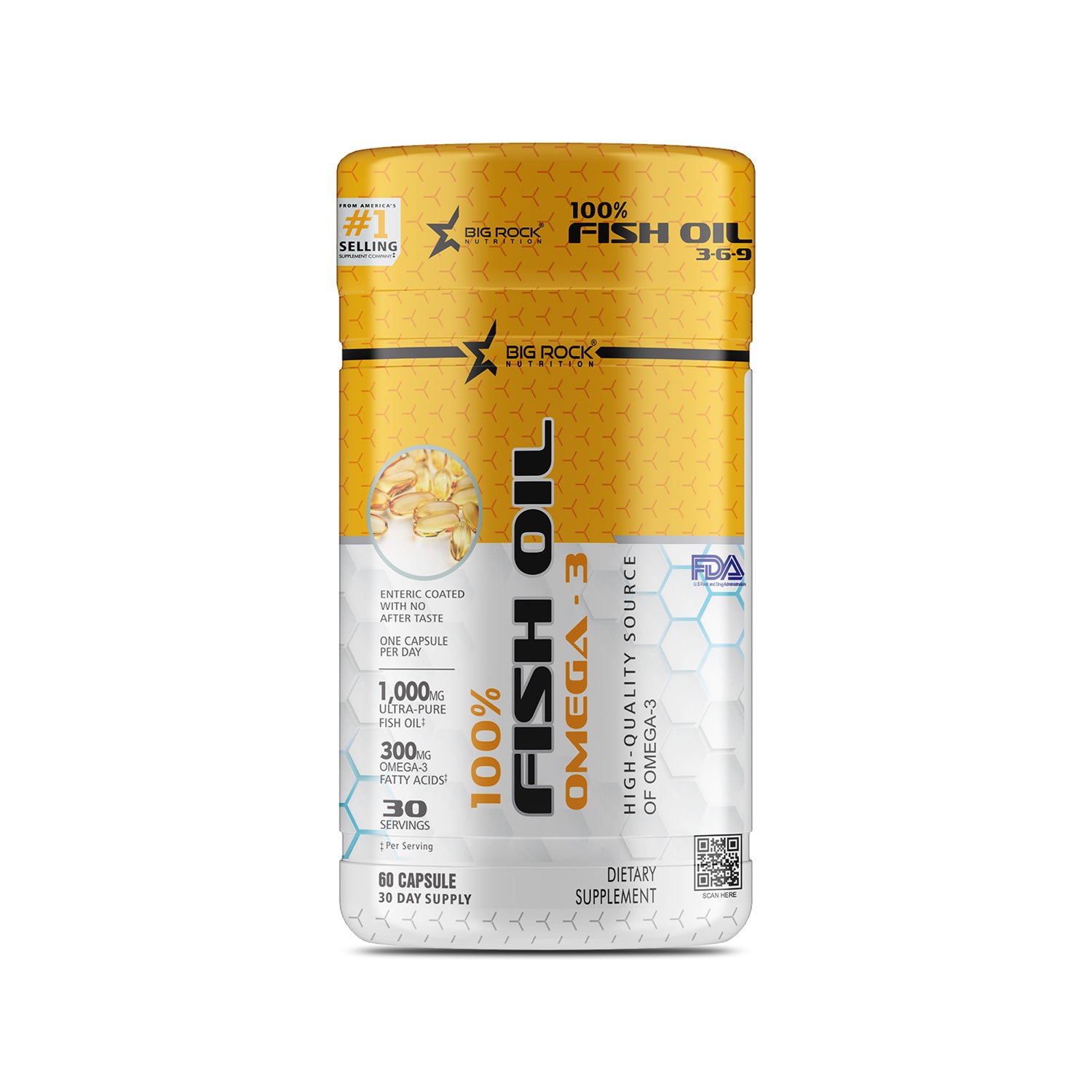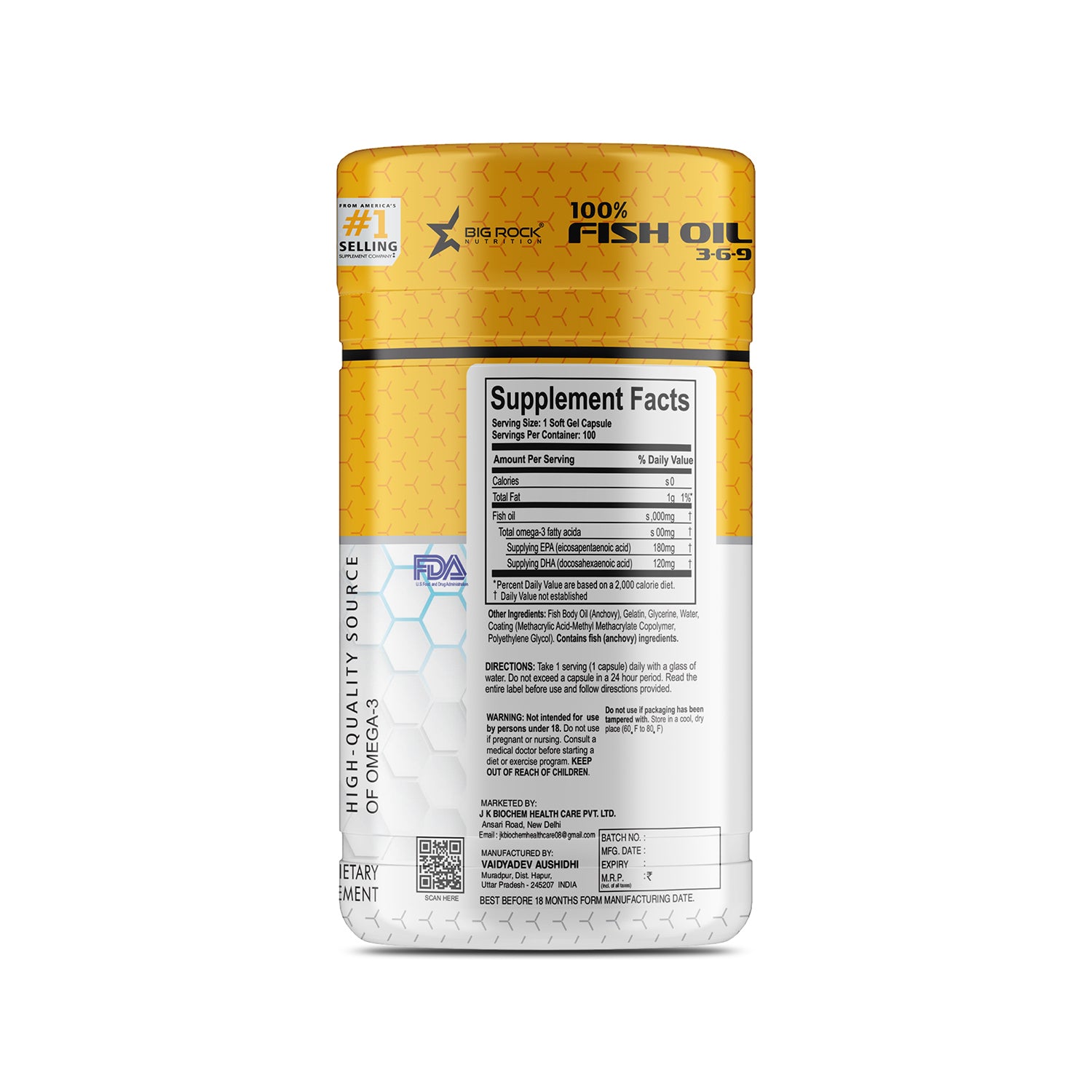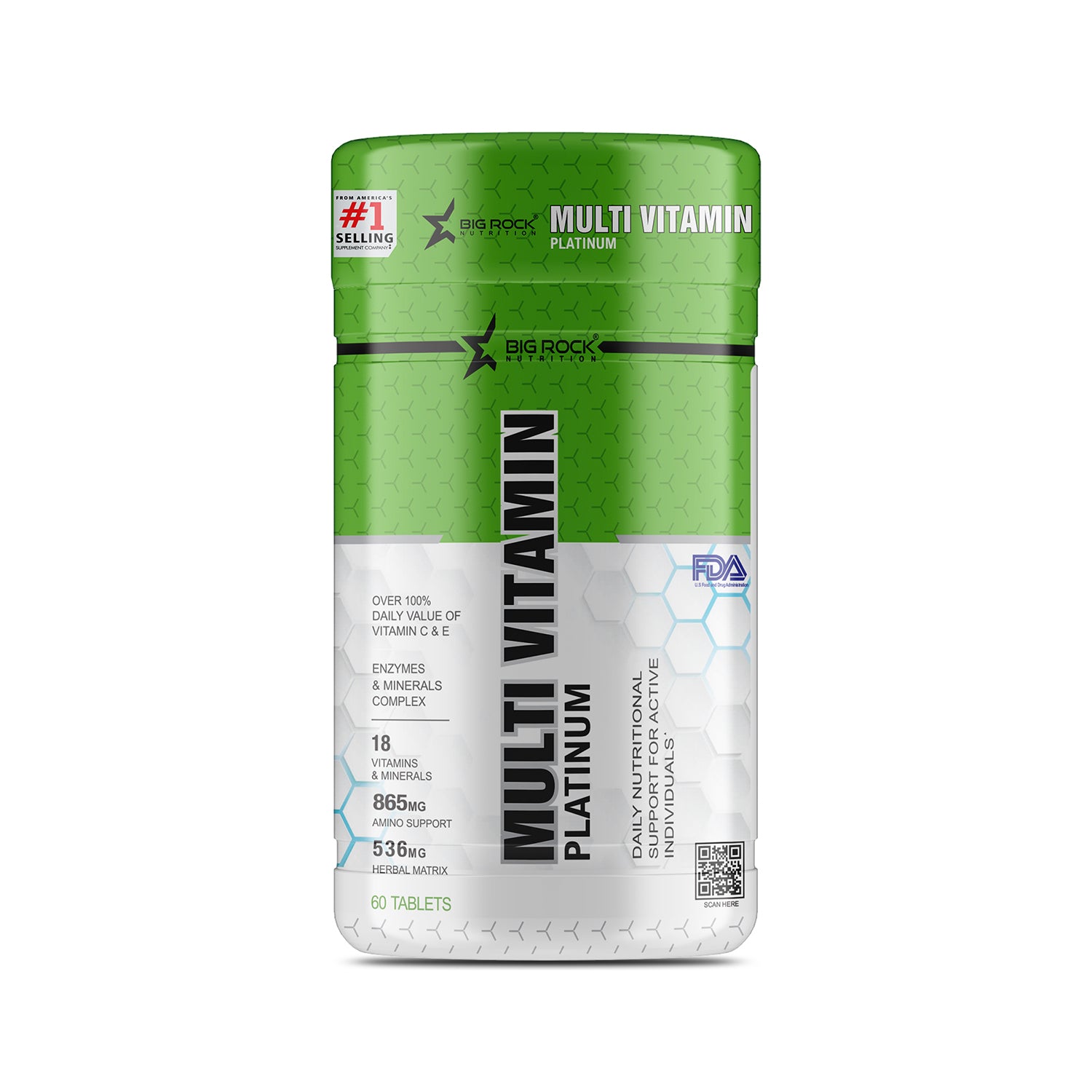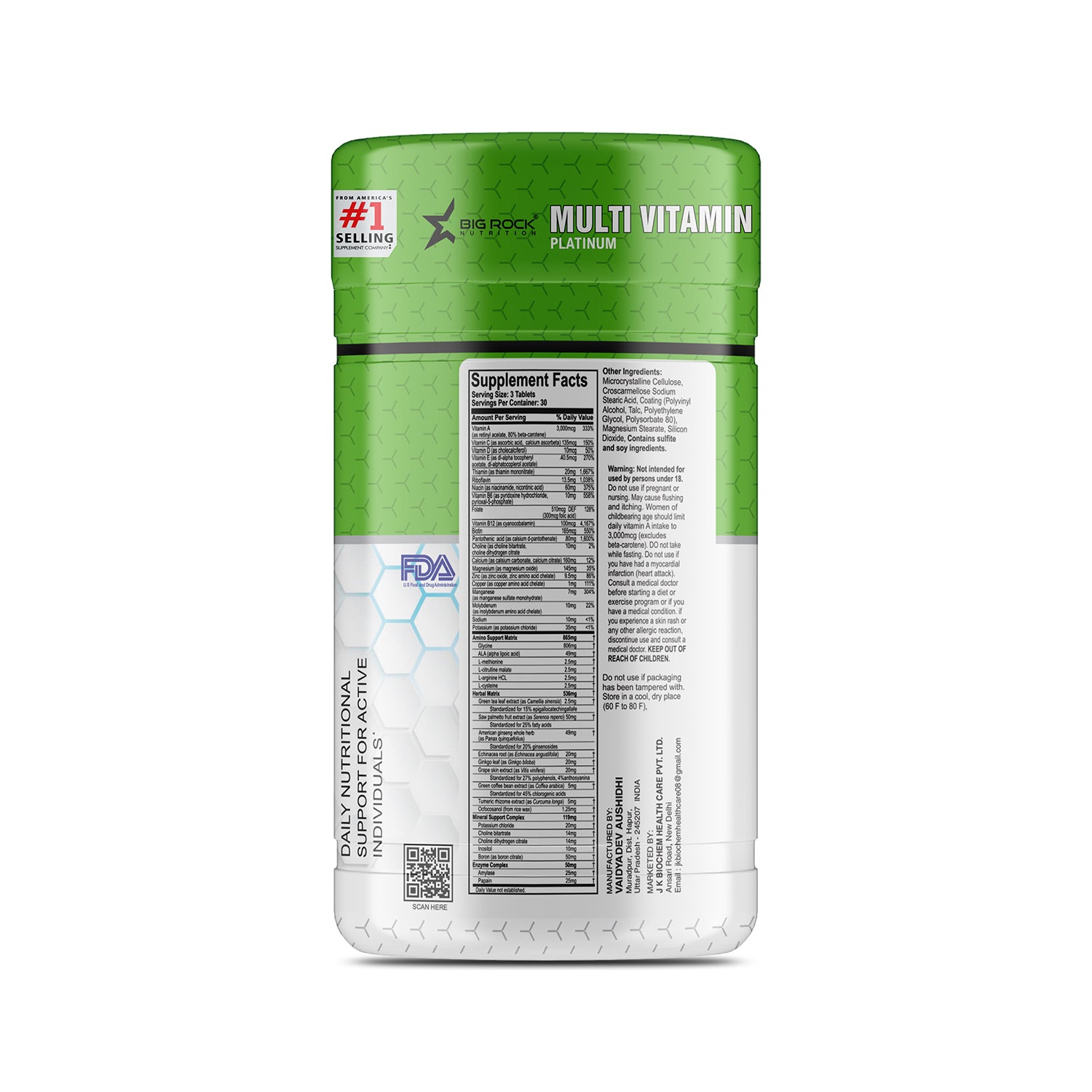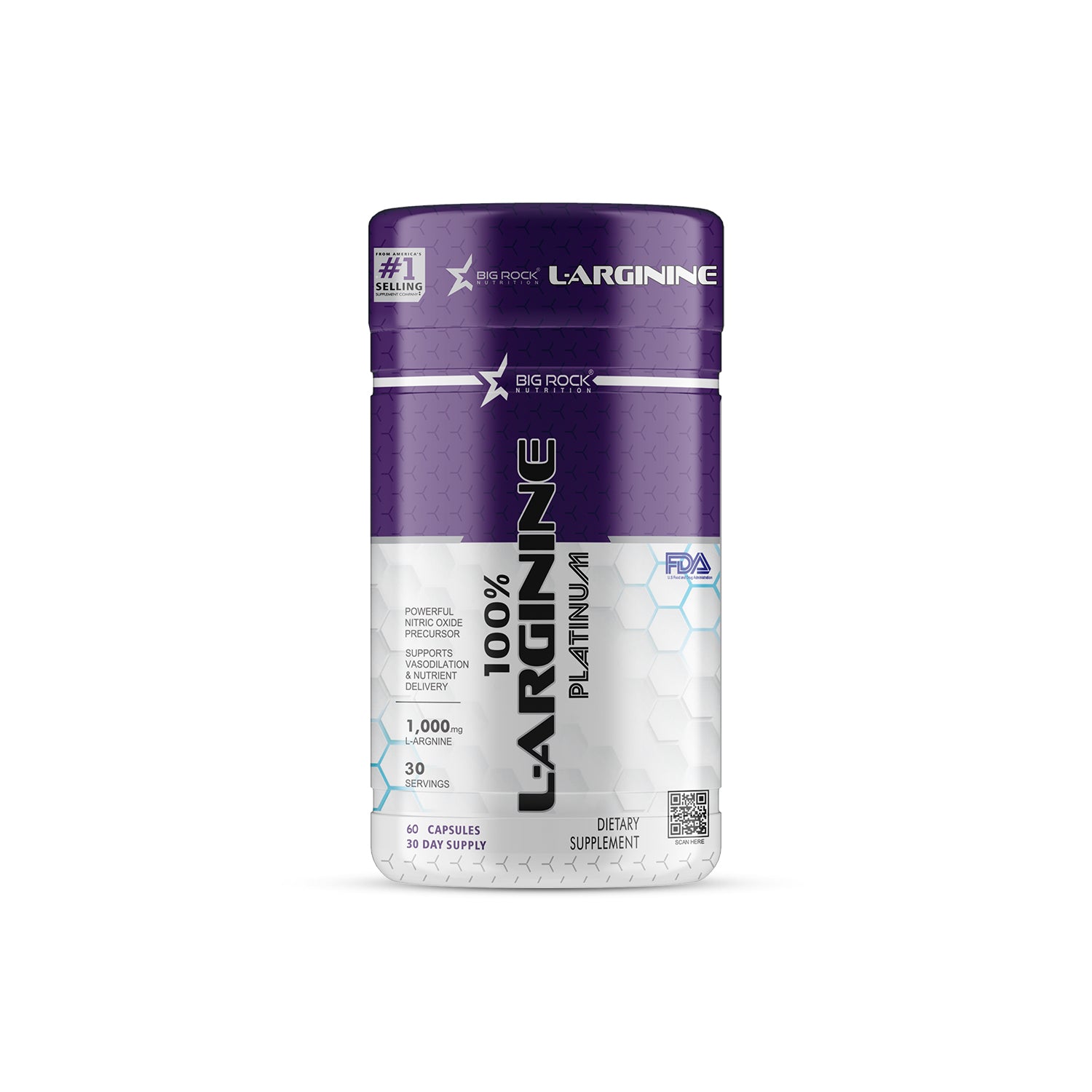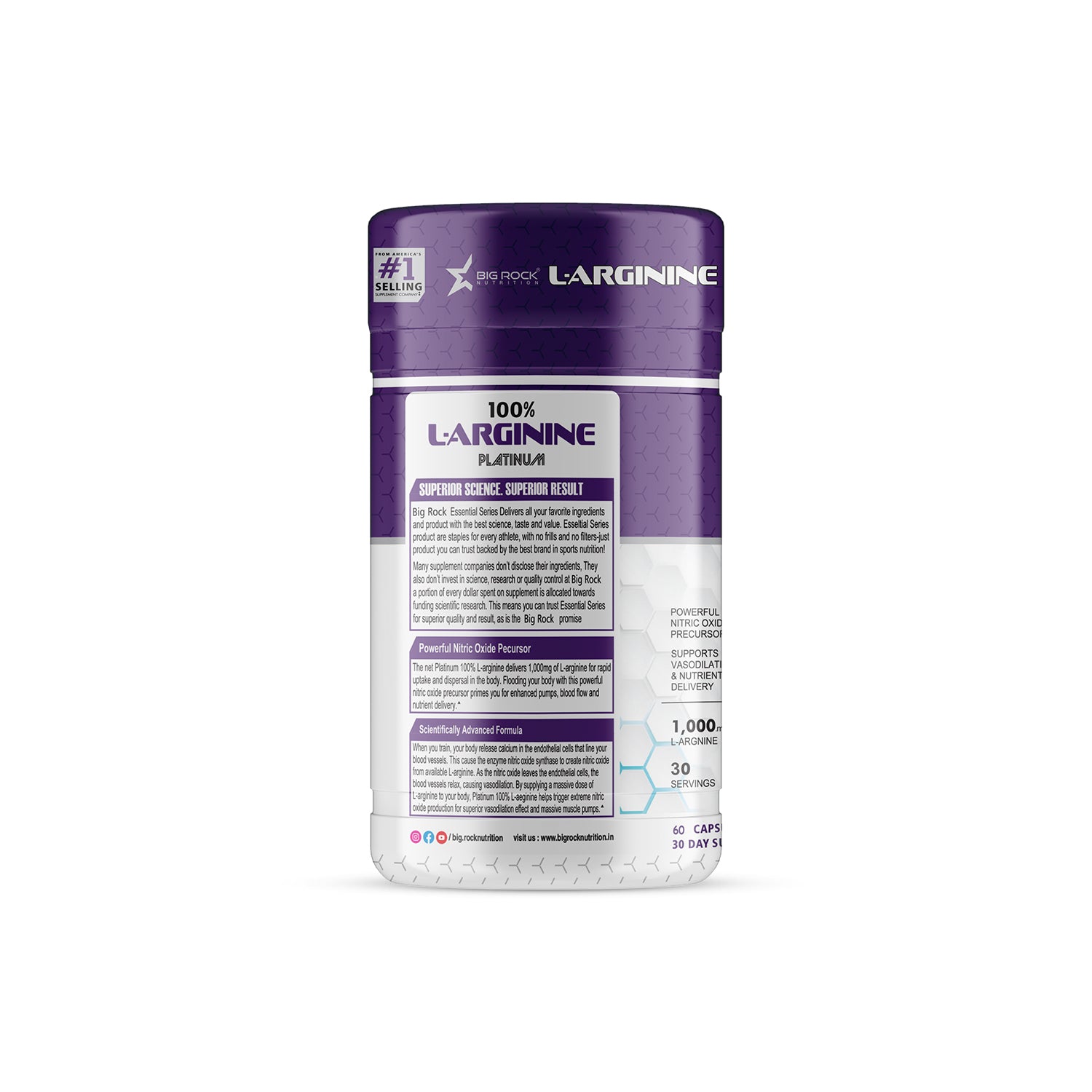Yes, creatine can lead to an increase in weight, but this weight gain is generally due to two main factors:
1. Water Retention:
When you start taking creatine, your muscles store more water, leading to an increase in body weight. This is often referred to as "water weight." Creatine pulls water into your muscle cells, making them appear fuller and larger, which can add a few pounds on the scale.
2. Increased Muscle Mass:
Over time, creatine can help increase muscle mass by enhancing your performance during high-intensity exercise. As you train harder and lift heavier weights, your muscles grow, contributing to weight gain. This gain is lean muscle mass rather than fat, which is beneficial for those looking to build muscle.
The amount of weight gained varies depending on the individual, their diet, exercise routine, and how their body responds to creatine. The initial weight gain from water retention is usually noticeable within the first week, while gains from increased muscle mass develop over a longer period with consistent training and supplementation.
Certainly! Let’s delve deeper into how creatine influences weight gain:
1. Initial Weight Gain from Water Retention:
- Mechanism: Creatine increases the water content within muscle cells by drawing water from other parts of your body into your muscles. This results in a rapid increase in body weight, typically within the first few days to a week of starting creatine supplementation. This water retention is not harmful and is a sign that creatine is working effectively in your system.
- Extent of Weight Gain: The amount of water weight gained can vary, but it is often in the range of 1-3 pounds (0.5-1.5 kg) within the first week. For some, it might be slightly more, depending on the dosage and the individual’s response.
2. Long-term Weight Gain from Muscle Growth:
- Enhanced Performance: Creatine is known for boosting strength, power, and endurance during high-intensity, short-duration activities like weightlifting, sprinting, and high-intensity interval training (HIIT). This allows you to train harder and longer, which in turn can lead to greater muscle hypertrophy (growth) over time.
- Muscle Synthesis: Creatine increases the production of ATP (adenosine triphosphate), the primary energy currency in your cells, particularly in muscles during exercise. With more ATP available, your muscles can perform at a higher intensity for longer periods, facilitating muscle protein synthesis and growth.
- Resulting Weight Gain: Over weeks and months, this enhanced muscle growth can contribute to a noticeable increase in lean body mass. The extent of this gain depends on various factors, including your diet, workout intensity, and individual genetics, but it can range from a few pounds to several pounds of muscle over time.
3. Other Considerations:
- Dietary Influence: If your diet is high in calories, particularly proteins and carbohydrates, while on creatine, you may gain more weight due to both muscle growth and potential fat gain. It's important to balance your diet according to your fitness goals.
- Individual Variation: Not everyone responds to creatine in the same way. Some people may experience more significant water retention, while others may gain more muscle mass. There are also "non-responders" who may not experience noticeable weight gain or muscle growth from creatine.
- Hydration: Since creatine pulls water into your muscles, it’s essential to stay well-hydrated. Dehydration could potentially lead to muscle cramps or other issues, so maintaining fluid balance is key when using creatine.
4. Misconceptions about Weight Gain:
- Fat vs. Muscle Weight: It’s important to understand that the weight gained from creatine is not fat. Instead, it’s largely due to water retention and muscle growth. This means that although the scale may go up, your body composition may improve, with an increase in lean muscle mass and potentially a reduction in body fat percentage, if you are training effectively.
- Temporary Weight Gain: Some of the weight gained from water retention is temporary. If you stop taking creatine, you may lose some of this water weight, leading to a decrease on the scale. However, the muscle mass gained during creatine use is likely to remain, provided you continue your training regimen.






